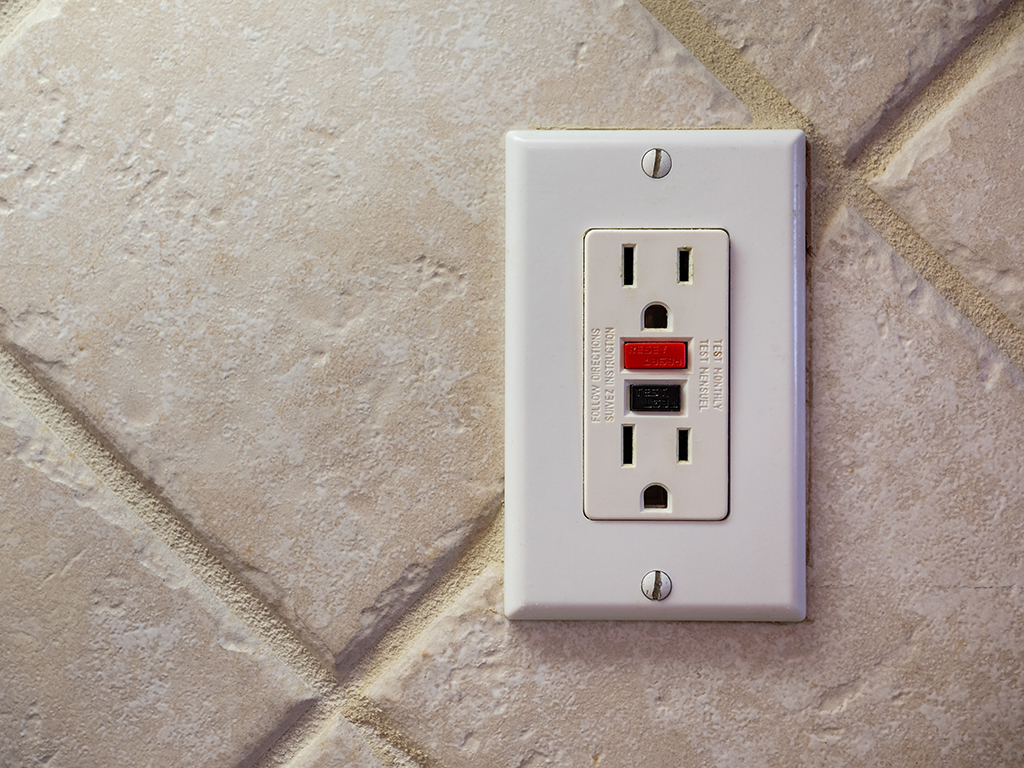GFCI VS AFCI: The Most Crucial Elements Of Electrical Safety Explained By An Electrician Near Me In | Florence, SC

Most homeowners only know about their electrical panel when a circuit breaker trips. They reset the breaker and almost immediately forget about it, which is not always a good idea. If you frequently have tripping breakers, you need to call an electrician near me in Florence, SC as soon as possible.
Have you ever wondered what all those circuit breakers are and why they trip? Maybe you have heard your electrician near me in Florence mention GFCIs and AFCIs, and you had no idea what that meant.
Most people often confuse GFCIs and AFCIs, because they look quite similar. And while they both help keep your home safe, they are very different. Read on to learn about GFCIs and AFCIs, their differences, and why they matter.
GFCIs, AFCIs, and the National Electric Code
When ground fault circuit interrupters were first introduced in 1971, they were only required for outdoor receptacles. The 1975 National Electric Code (NEC) added bathrooms to have GFCI protection.
Since then, there has been an 83 percent drop in electrocutions. And yet, today, around 43 million homes do not have GFCI protection. The Consumer Product Safety Commission estimates that 47 percent of current electrocutions could be prevented if every home and facility had GFCI protection.
Arc fault circuit interrupters were first required by the 1999 NEC. Early models used to trip often because they could not distinguish between dangerous arcing and normal arcing caused by some lights and switches.
Improvements in AFCI technology have made them more reliable and are now part of new constructions and remodels. According to the Consumer Product Safety Commission, 50 percent of home fires could be prevented if every home had proper AFCI protection.
What Is a Ground Fault?
To better understand what a ground fault interrupter is, you need to understand ground faults. A ground fault occurs when the returning electrical current is different from the outgoing current.
This change in current is caused by contact with water; a person or anything else electric current is not supposed to flow through and can cause serious electrical shock injuries and even death.
While moisture is one of the main causes, ground faults can also be caused by faulty wiring and exposed cables.
How Does a Ground Fault Circuit Interrupter Work?
A ground fault circuit interrupter protects people from electric shock. When the unit notices a slight change in electrical flow, it interrupts the electrical current.
All this must happen in a very short amount of time to prevent a person from being electrocuted. To ensure GFCI outlets will work as expected, they need to be installed by a licensed electrician near me in South Carolina.
What Is an Arc Fault?
An arc fault is when electrical wires get in touch with metal. This could be caused by piercing a wire with a nail, frayed wires, lack of proper insulation, and damaged cables. An arc fault can cause electrical sparks or extremely hot temperatures that melt cable insulation, which can start a fire.
Damaged wires primarily cause arc faults. Excessive use of extensions, running cables through windows and doors, and exposure to sunlight can all cause cables to deteriorate faster, and using them can result in unwanted arcing faults.
How Does an Arc Fault Circuit Interrupter Work?
An arc fault circuit interrupter monitors the electric current to find any unusual arcing. If a dangerous arc fault is detected, the AFCI will stop the electric current to prevent a fire.
A licensed electrician near me in the greater Florence area must properly install an arc fault circuit interrupter. Otherwise, they might not be able to protect your home fully.
Which Places Require GFCI Protection?
Ever since ground fault circuit interrupters were required in 1971, the NEC has added many more locations where GFCI protection is required.
GFCIs are primarily installed in places close to a water source. While the NEC lays down the basic guidelines, each state has its requirements and adaptations. So be sure to consult with a local electrician near me in your locality that is well-versed in all electrical codes to know which ones apply to you.
The following are just some of the places that require GFCI outlets or breakers:
- Outdoor receptacles
- Bathrooms
- Garages
- Spas
- Hot Tubs
- Kitchens
- Basements
- Crawlspaces
- Sinks
- Laundry Rooms
- Sump pumps
Which Places Require AFCI Protection?
AFCI protection is required in the following areas. Again, this is not a comprehensive list, and you will need to check with your electrician near me in Florence.
- Bedrooms
- Closets
- Kitchens
- Laundry Rooms
- Living Rooms
- Libraries
- Parlors
Note that the National Electric Code only details the minimum safety requirements for your home. There are many more ways to protect yourself from electricity’s dangers. A good electrician near me in your town can show you what else you can do to keep your home safe.
To Wrap It Up
GFCIs and AFCIs are both critical to the safety of your home in Florence, SC. Arc fault circuit interrupters protect against fires by detecting dangerous arcing faults.
Ground fault circuit interrupters prevent electrocution by interrupting an unintentional electrical path. They are available as circuit breakers and outlets. Both need to be installed by a licensed electrician near me in your city. AFCIs and GFCIs need to be tested once a month.
Want to Know if Your Home Is Safe? Call Mister Sparky of Florence
If you are looking for an electrician near me in Florence, SC that is reliable, punctual, and has a lot of experience, Mister Sparky of Florence is your answer. Our competitive rates, high-quality work, and wide range of services set us apart.
Emergency service is available 24/7 to ensure you are never in the dark. Among the services we offer include general electrical repairs, electrical panel installations, surge protection, code compliance, lighting installs, and wiring. If you want to know more about what Mister Sparky of Florence can do for you, contact us today, and we will be happy to book an appointment.
Photo By The Toidi at Shutterstock
















